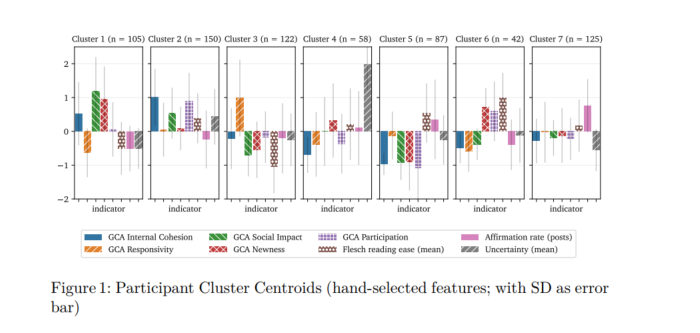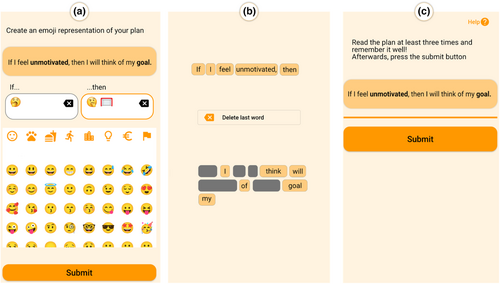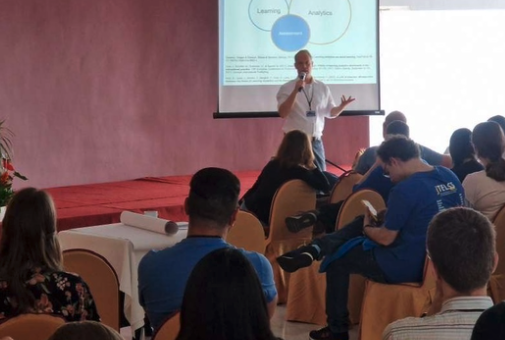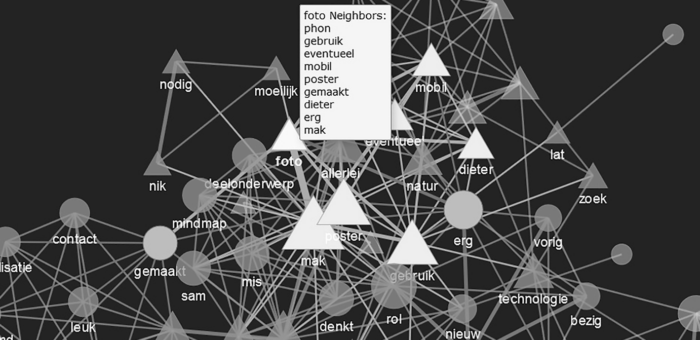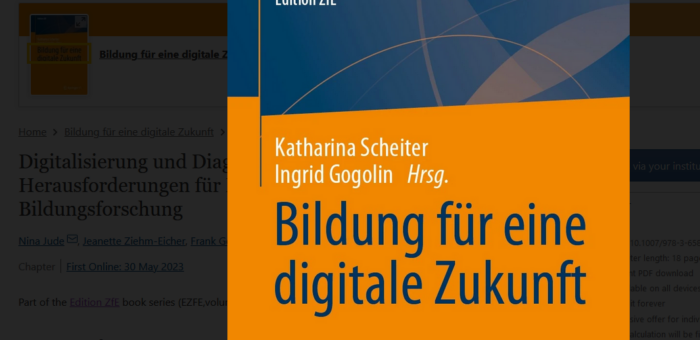
New pub: Measuring Efficacy of ALEKS as a Supportive Instructional Tool in K-12 Math Classroom with Underachieving Students
In a recent quasi-experimental research study, the effectiveness of Assessment and Learning in Knowledge Spaces (ALEKS), an Intelligent Tutoring System (ITS), took center stage in the realm of 8th-grade mathematics education. The study aimed to determine whether ALEKS could bring a statistically significant improvement in students' mathematics achievement compared to traditional teacher-led instructions. The research involved 158 8th-grade students categorized as 'underachieving students, with 60 in the teacher-led group and 98 in the ALEKS-led group. The study used a non-randomized approach to compare the outcomes of teacher-led instructions to ALEKS-led instructions over two consecutive years. In the first year McGraw's curriculum "Reveal" was used exclusively without ALEKS. In the second year ALEKS was incorporated as a supplemental tool in a math support class. The study incorporated a rigorous methodology, utilizing…

